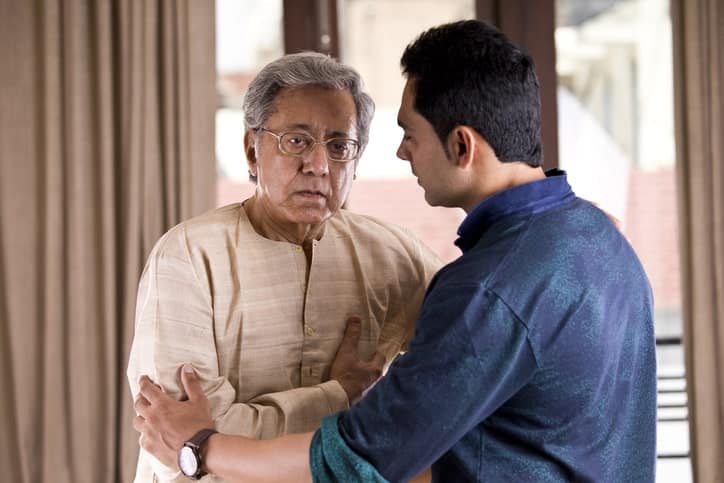Stroke warning signs & prevention tips

A stroke is a very serious and potentially life-threatening medical condition that happens when the blood supply to part of the brain is cut off. Strokes are a medical emergency, and need to be treated at a hospital as soon as possible. Quick medical treatment will reduce the risk of brain damage and other complications and increase the chance of survival.
Knowing how to identify the warning signs and symptoms of a stroke can save someone’s life. In this article we’ll discuss the causes of a stroke, what the symptoms are and how to identify them, as well as stroke prevention tips.
Causes
There are two types of strokes, an ischemic stroke and a hemorrhagic stroke. Ischemic strokes occur when the blood vessels in the brain become blocked or very narrow. A hemorrhagic stroke is caused by blood vessels in the brain leaking or bursting. Both types of strokes can be life threatening and require immediate medical treatment.
While certain lifestyle and medical factors, which we discuss below, can put you at a higher risk for having a stroke, it’s important to note that there’s no way to predict a stroke. They can happen to anyone at any time, so it’s very important to be able to identify the signs and get the person to the hospital as quickly as possible.
Symptoms
The medical community has a mnemonic device used to identify the signs of a stroke: F.A.S.T. It also helps you remember that acting fast is the key to preventing death or long-term damage when someone is having a stroke.
F – Face. If you notice someone’s face is drooping on one side, or if one side of their face appears to be frozen, they may be having a stroke. Ask them to smile and if only one side of their face moves, or if they have difficulty smiling, call 911.
A – Arms. When someone is having a stroke, a common symptom is weakness or numbness in one arm. Ask them to lift both arms over their head and hold them up for a few seconds.
S – Speech. Slurred and garbled speech is a very common stroke symptom. The person may be trying to speak but their words come out as something totally incomprehensible, or they may not be able to understand what anyone is saying to them.
T – Time. As mentioned earlier, acting fast is critical when someone is having a stroke. If you observe any of the above symptoms please call 911 immediately. The faster the person receives medical treatment, the less likely they are to suffer long-term brain damage and other complications.
Prevention
There are several lifestyle factors that can help decrease your chances of suffering from a stroke:
- Maintain a healthy weight
- Regular physical activity, including low-impact activity like walking or swimming
- Avoid heavy drinking and drugs
- Avoid smoking and exposure to second-hand smoke
Certain medical factors can put you at a higher risk for a stroke:
- High blood pressure
- High cholesterol
- Diabetes
- Obstructive sleep apnea
- Heart disease
- Family history of strokes
If you think you may be at risk based on the information above, please speak with your doctor and discuss how you can mitigate your risk factors. Maintaining a healthy weight, eating a balanced diet with plenty of fruit and vegetables, drinking an adequate amount of water, and avoiding cigarettes and alcohol are all helpful in preventing a stroke, as well as a range of other medical conditions.
For more information on living with strokes or receiving care and rehabilitation services for someone who has experienced a stroke, or if you have any questions, please contact our team at UMC today. We look forward to hearing from you.





